|
I never realized how much I was looking for an indomitable heroine until I met the women who populate Sarah J. Maas’s books. And I never understood how much it would mean to me that an indomitable heroine be flawed—that is, like a normal person who makes mistakes and not a perfect person who becomes a perfect sacrifice—until I encountered Aelin in Maas’s Throne of Glass series.
Because it actually means something that the same person who could protect others and make tough decisions, who could make sacrifices for the good of others and save the world, could also be a person whose personality is sometimes abrasive, and who often does cringe-worthy and occasionally awful things, AND does both those good and bad (mostly good) things as a woman. The truth is that for a long time I admired those perfect heroic characters, and a lot of times in my reading experience, those perfect heroic characters were men. Another truth is that for a long time, I felt uncomfortable reading about flawed women, because I wasn’t always (and to some degree, still am not) entirely comfortable with some of my own flaws. And another truth on top of that one: I’m trying to be aware of my own gender biases, the ones that whisper softly that women should be polite and nurturing and selfless, humble and kind, and that flare up when I see women who don’t seem to be embodying those values. I am a work in progress. As much as I love being a mom, treasure it, adore it, there’s also quite a bit of guilt and self-recrimination tossed into the mix. I frequently compare my own actions and thoughts to some idealized notion of mommyhood that I feel I’ve seen exhibited by other moms in my life, or moms in books or movies. I had a rough time with the weight of that guilt for a while, and it was hard, and sometimes still is, to walk away from it. It’s long-lasting, guilt, and once you feel it, it’s difficult to forget about. That’s not to mention the day-to-day inadequacy I sometimes feel, the kind that’s not really related to being a mom, but maybe to being a woman. Did I really say that? Why don’t I understand that? Why are my ankles so thick? Why am I not more like _____? But books, and characters like Aelin, help. Here’s why. Some people like to pretend that books don’t matter, that words are meaningless. But like someone else once noted—books can make us “brave” (I’m so sorry that I can’t remember who said this. I think I saw it on Twitter.) Words have power, and a series of words that are masterfully strung together can make us admire and love and dislike and hate characters; those strung together words can not only intrigue us, they can invest us in characters’s decisions, question them. They can make us wonder what we would do in the respective character’s situation. And if a time comes necessary, as that one unremembered source above suggested, the responses we’ve had to books and characters and specific actions we’ve read about can help us see the right thing, and give us the motivation to do it. Sarah J. Maas writes beautifully, terrifically. On a basic literary level, you’re missing out on quite a lot if you haven’t read her. But for me, the biggest part of her appeal comes from the fact that she writes flawed women and I am a flawed woman. I’ve done good things and I’ve done some bad and I can be funny and annoying and smart and not-very-smart and kind and rude and sometimes I can hit a note like Adele(ish) and sometimes I glance around and make sure no one heard me sing, it's so bad, and it’s all okay, because I’m human and I'm trying. It can be tempting to dwell on the areas where we’ve failed or might fail. But I want to believe—I do believe—that mistakes and heroism (on a small or big level) are not incompatible; that identifying as a woman and being a hero are not incompatible. That flawed women are capable of saving the world and doing it with a smirk--or smile, or frown, whatevs, you be you--on their faces.
0 Comments
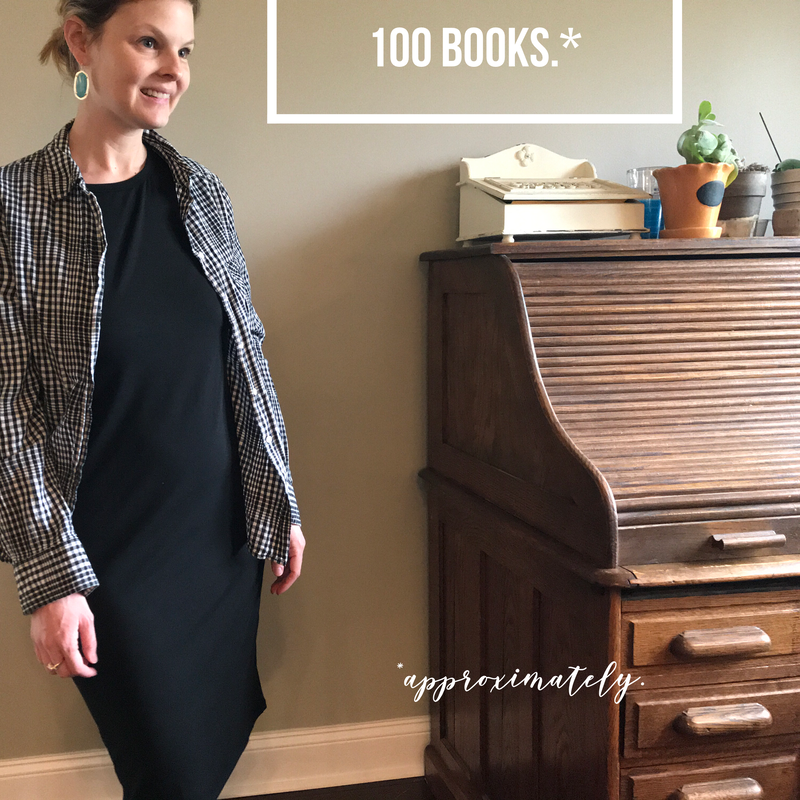 There comes a time in a bookworm's life when said bookworm has to talk favorites. Maybe you're at a dinner party (jkjkjk--you don't go to parties). Maybe you're at an obligatory work function. Or maybe someone interrupts you while you're reading on a subway (or folding clothes). They ask, what's your favorite book?, and the panic is rising because you don't have one favorite book, you have a million, and you want that person to read them all and then come talk to you about them, because you have so much to say. That's why I made this list called "100 books." Which ones do you agree with? Which ones do you vehemently disagree with? It's all part of the fun. I tend to avoid confrontation but this is a hill (approximately 100 hills) I'm willing to die on. xoxo. 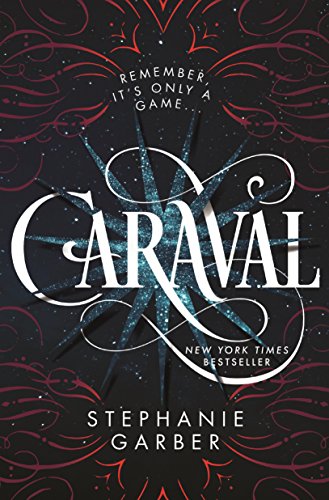 Stephanie Garber’s Caraval is a dazzling fantasy romance that will leave you breathless, but at its heart it’s about sisters. What we do for family. What we do to protect those whom we’ve loved and fought with and adored since birth. What that responsibility for another living soul can do to you and for you. Over the course of our lives together, my sister and I have switched bedrooms more times than I count, planned and participated in numerous talent shows in which we were the only talent (and mine was debatable), called one another names (we both a keen psychological instinct for hitting the weak spots), held and comforted the other, and hit one another with remotes (okay, that was just me. But she must have deserved it and afterwards she called me a “stupid ass” so we’re even). The point is: sisters are unlike anything on this earth. On one hand, she is a potential threat to your current happiness with her long memory and access to old Glamour Shot photos, but on the other, she is a living record of how you got to now, and your life-long best friend made flesh. Some of your quirks might really annoy the other (hello!, my sister is chronically late and I’m chronically sensitive) but you. don’t. ever. mess. with. my. sister. Garber captures this sisterly dynamic in Caraval with the Dragna sisters, both of whom are victims of their father’s abuse and long for escape. Scarlett has been attempting to protect her little sister Tella from their abusive father, the Governor of Trisda, since their mother disappeared. She believes that she’s finally found a permanent way to do it by marrying the Count, a man she’s never met before but who writes kind letters. Her sister sees their escape through Caraval, a magical competition orchestrated by a wizard named Legend. This year, the prize of Caraval is a wish. Scarlett’s always been drawn to the promise of Caraval’s magic but she resists her sister’s pleas to go there, until the matter is taken out of her hands and then Tella is kidnapped. As a result, Scarlett must navigate through the brilliant, dangerously unpredictable world of Caraval, searching for her beloved sister. As Scarlett attempts to solve the clues, this is what she knows to be true: she must rescue her sister Tella from kidnapping, she must leave Caraval in time to marry the Count, and she must resist Julian, her unreliable guide in Caraval, who seems to have some magic of his own. All the while, Scarlett must remember that she must not “let your eyes or feelings trick you,” and that there are consequences to losing and winning. Caraval is a book to enjoy in the moment, but it’s also a book to chew over. I find myself even now remembering certain parts of the book with the knowledge that I gained at the end, trying to put it all together and see the story from different points of view. And Scarlett is a character to admire: she pursues her sister through the terror and beauty of Caraval with ingenuity and aplomb. If you’re looking for an inventive tour de force, an explosion of color and sound, look no further. Admit your ticket to Caraval at the door and unlike Scarlett, don’t worry about allowing yourself to be “swept away.” Psssst! If you like Caraval, try: the sequels to the trilogy, including Legendary, book 2. Also, try The Hunger Games by Suzanne Collins and the movie Sing (hey, the stakes aren’t as big, but we’re still talking about competition here and what people want versus what they think they should do.) Maybe Erin Morgenstern’s The Night Circus—I read this years ago and think it’s time for a re-read. The Need to Know: An epic adventure, Hannah Tinti’s The Twelve Lives of Samuel Hawley explores how we get to where we are and how we love our family, sins, foibles, and all.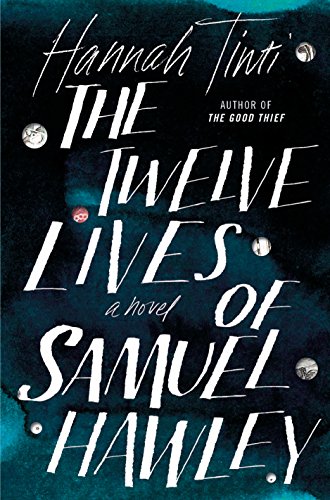 The Twelve Lives of Samuel Hawley opens with Samuel Hawley teaching his 12-year-old daughter, Loo, how to shoot a gun. This small chapter tells us so much about the characters and the secrets that Tinti will reveal about their lives. First of all, Samuel taught Loo’s mother, Lily, how to shoot guns. This is our first mention of Lily, who has been dead since Loo was an infant and who is the subject of a “traveling shrine that her [Loo’s] father re-created in the bathroom of each place they lived.” She’s held up on a pedestal to Loo and used as an example of behavior that Loo should always strive to emulate. “When Loo did something well, her father said: Just like your mother, and when she did something bad, her father said: Your mother would never approve.” Second, this is our first mention of guns, which come to be a fairly substantial part of the book. We’re told from the opening chapter that Hawley has lots of guns which he travels with, and he “was always watching. Always waiting.” Samuel and Loo stop travelling the country to move to Olympus, Massachusetts, where Lily was from. Tinti intersperses their present life in Massachusetts with tales from the Hawley family’s past, including how Samuel got the many bullet holes which riddle his body and how Lily died. This is really where we learn some of their secrets, and how Samuel and Loo learn that the person that someone is now isn’t always the person they were before or the person they’ll be later. When the moment of reckoning comes for the Hawley family, when Hawley’s past comes knocking, Tinti beautifully and powerfully delivers an ending that brings this glorious epic to a close. The plot that I’ve provided here just doesn’t do this book justice. There are many scenes in the book which are action-heavy, but most of all I loved Tinti’s characterization and gorgeous language. Tinti is an excellent writer who weaves words and sentences together into rapturous prose. Take this sentence about a whale: “The creature rolled sideways, a rotating school bus, and lifted its pectoral fin high in the air and then spun it easily and dove, showing the full running slick of its long back, until there was only the fluke rising, the tail’s ragged edge flecked with white, bending and scraping the surface of the heavens and then plunging deep into the earth.” If you read this book, you’ll love it. **I received my complimentary copy of this book from Netgalley, but all opinions expressed here are my own. |
About me.Give me that HEA, please.
Join my mailing list.Want to receive a weekly email with links to my latest blog posts? Sign up below!
Archives
April 2024
Categories
All
|
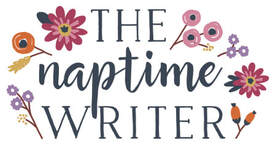
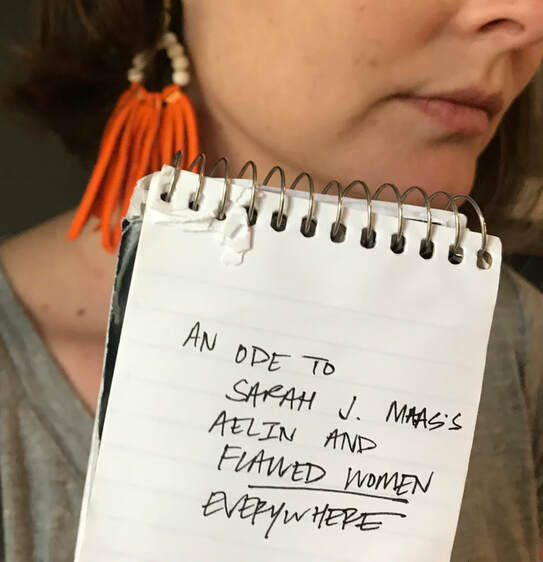
 RSS Feed
RSS Feed
